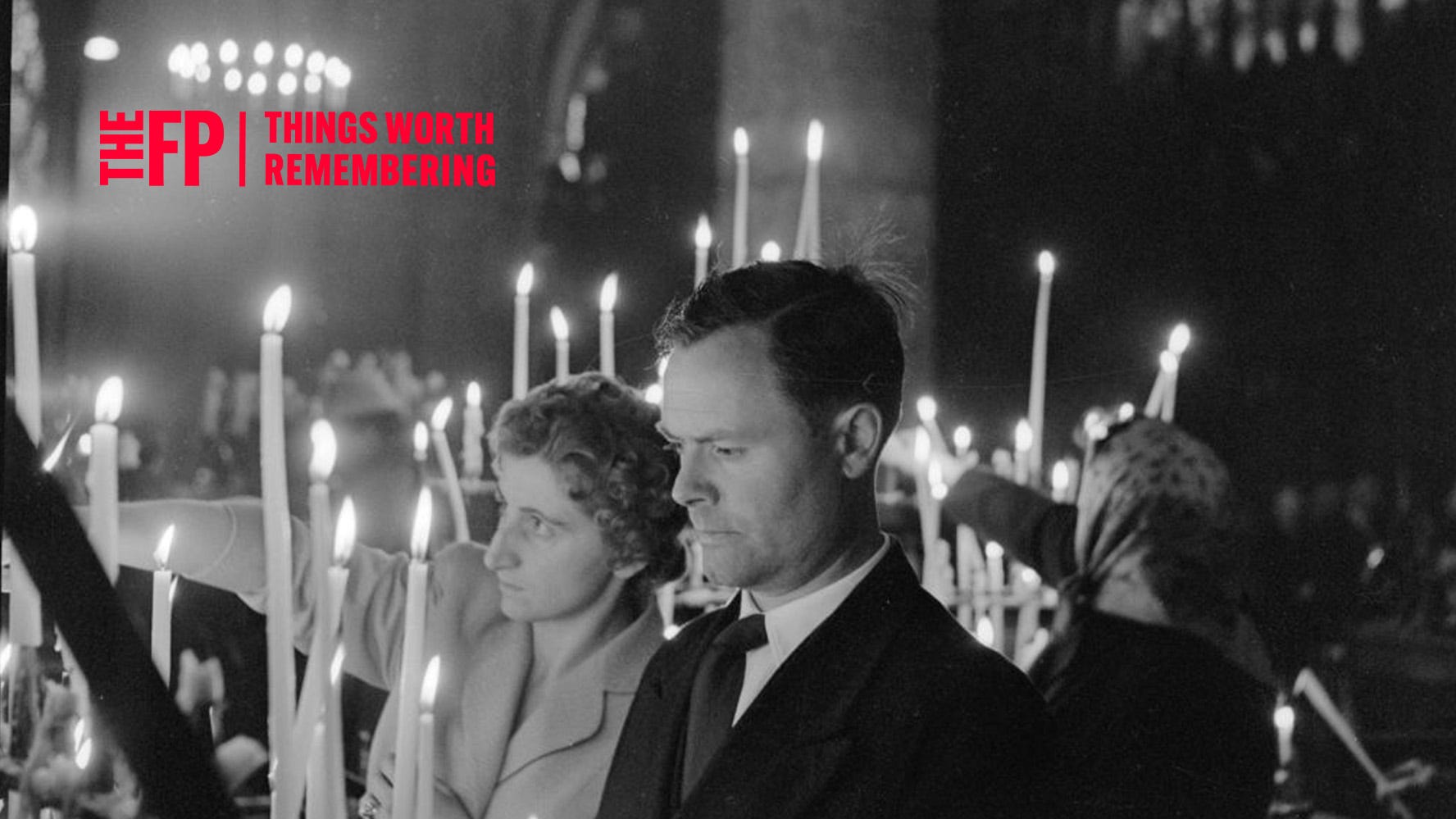5 things to know about the COVID-19 outbreak from Dr. Tom Inglesby
More than a week into 15-day restrictive guidelines to "slow the spread" of COVID-19, the director of the Johns Hopkins Center for Health Security, Dr. Tom Inglesby, told CBS News, "we're really at the beginning of this epidemic." This comes as the World Health Organization warned Tuesday the U.S. could become the epicenter of the outbreak.
Here are our top takeaways from the interview:
1. On easing restrictions: It's too early to say
With more than 100 million Americans ordered to stay home across the country, President Trump said Tuesday he hopes the U.S. will be back open by Easter Sunday – April 12. Dr. Inglesby told us, "I think it's too soon to say where we will be" by then. "But I think it's going to take at least until Easter to even begin to see the impact of the social distancing measures that have been put in place in the last week."
2. "We're really at the beginning of this epidemic"
U.S. COVID-19 cases surged past 50,000 Tuesday, making up more than 10% of all cases globally. But Dr. Inglesby said, "We're really at the beginning of this epidemic. In Italy not very long ago, there seemed to be quite a calm, and no evidence of cases and now there are extraordinary numbers of sick people and dying people ... I'm quite worried that if we release social distancing measures soon, we're going to have a rapid rise in cases."
3. Without preventative measures, every case leads to "another 2.5 cases"
Dr. Inglesby warned, "if we stopped social distancing now, we would see what is happening in New York and Washington begin to happen around the country ... This is a very transmissible virus. On average, without social distance measures, every case leads to another 2.5 cases."
4. COVID-19 is different than seasonal flu
In a normal year, Dr. Inglesby said, "we don't have people overflowing into hospitals, we don't have so many people that we don't have enough ventilators for them," as has been the case in Italy and China. "I think we need to make sure that everyone understands that this is a very unusual event this does not look like seasonal flu."
5. It is "really important" to look at economic consequences
Dr. Inglesby told us lawmakers do need to weigh economic outcomes of restrictions and closures when making decisions: "It's really important to think through all of the economic consequences of these social distancing measures," he said. "But at the same time, we have to do the same for what will happen in the absence of any attempt to slow this virus down."



